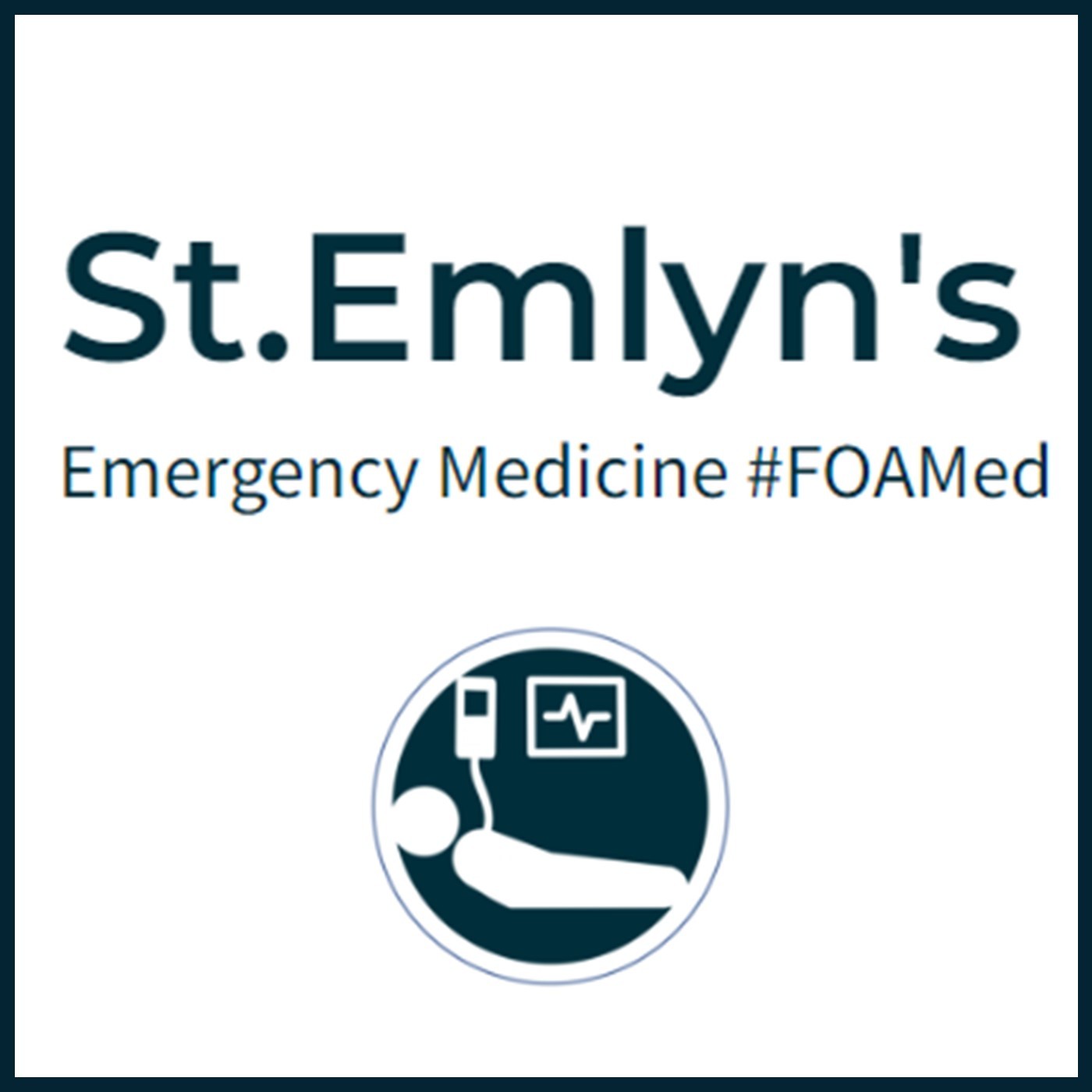
Shownotes Transcript
Year in Review: Highlights in Emergency Medicine and Critical Care
As we close out the year, St Emlyn's takes a moment to reflect on the significant events and advancements in the field of emergency medicine, critical care, and FOAMed (Free Open Access Medical Education). The past year has seen remarkable progress in research, education, and community engagement, with key studies reshaping our understanding and practices. Here's a look back at the highlights and what we can look forward to in the coming year.
Key Research and Trials
This year has been notable for the publication of several high-impact studies in emergency medicine and critical care. While some findings may have appeared negative at first glance, they have ultimately underscored the strengths of current practices. For example, trials on mechanical CPR devices, such as the Lucas device, showed no significant improvement in outcomes for out-of-hospital cardiac arrest patients. Similarly, research on starch solutions in sepsis concluded that these substances could be harmful, advocating for their discontinuation despite continued use in some clinical settings.
The ARISE and ProCESS trials were particularly influential, examining the effectiveness of early goal-directed therapy in sepsis management. Although these studies did not demonstrate a significant advantage over standard care, they highlighted the high quality of usual treatment protocols, which have improved considerably over the past decade. The ANZICS trial also reported a significant decrease in sepsis mortality, further emphasizing the advancements in patient care.
Additionally, the Targeted Temperature Management trial found no difference in outcomes between maintaining post-cardiac arrest patients at 33°C versus 36°C. This finding suggests that more aggressive temperature control may not be necessary, streamlining care protocols.
The Role of FOAMed
The FOAMed movement has revolutionized access to medical education, allowing healthcare professionals to stay updated with the latest research and discussions. Within hours of publication, new studies are analyzed and debated on various platforms, enhancing knowledge dissemination and critical appraisal.
St Emlyn's, along with other prominent FOAMed resources like Life in the Fast Lane, has played a crucial role in this educational revolution. The emergence of new platforms, such as The Bottom Line, has provided additional avenues for high-quality content. The Bottom Line, in particular, offers concise, critical appraisals of literature from a British perspective, catering to a broad audience interested in emergency medicine and critical care.
Noteworthy Blogs and Podcasts
The past year has seen an increase in the quality and quantity of blogs and podcasts in the FOAMed community. Established sites like Resus.Me, EM Lyceum, and the SGM continue to provide valuable insights, while newer entries such as Broom Docs have brought fresh perspectives. Broom Docs, led by Casey Parker, is particularly noted for its thoughtful discussions on diagnostic tests and clinical judgment.
Podcasts have also become an essential part of the FOAMed landscape. St Emlyn's own podcast has grown significantly, offering interviews with experts and discussions on a wide range of topics. Other notable podcasts include Foamcast, which presents a polished and well-structured approach to emergency medicine education, and the Rage podcast, known for its informal yet informative style.
Conferences and the Evolution of Medical Education
Conferences remain a cornerstone of professional development in emergency medicine and critical care. This year, St Emlyn's team members attended several notable conferences, including the EMS Gathering in Ireland, which featured innovative learning approaches like the "Puss Bus" for sepsis education and Pecha Kucha-style presentations. These events provided valuable opportunities for networking, knowledge exchange, and exploring new educational formats.
A significant trend in conferences is the shift towards "Medutainment," which blends medical education with entertainment. This approach, inspired by platforms like TED Talks, emphasizes engaging and visually appealing presentations over traditional lecture formats. The move towards more dynamic and interactive sessions reflects the growing demand for high-quality, engaging content in medical education.
Looking Forward to 2015
The upcoming year promises to be equally exciting for emergency medicine and critical care. The SMACC Chicago conference in June is highly anticipated, featuring a lineup of world-class speakers and sessions. Additionally, the College of Emergency Medicine's conference in Manchester is expected to be a major event, with an impressive list of speakers and topics.
At St Emlyn's, we plan to continue expanding our content offerings. Our goal is to provide comprehensive coverage of key presenting complaints in the College of Emergency Medicine curriculum through our blog and podcast. We aim to deliver high-quality educational resources that not only inform but also inspire and engage our audience.
Acknowledgements
We would like to extend our heartfelt thanks to everyone who has supported St Emlyn's and the broader FOAMed community. Special thanks go to Mike Cadogan, whose behind-the-scenes work has been instrumental in maintaining many FOAMed platforms. We also appreciate the contributions of our guest writers and the entire Life in the Fast Lane team for their invaluable support.
Conclusion
The past year has been marked by significant advancements and enriching experiences in emergency medicine and critical care. The growth of FOAMed has democratized access to knowledge, allowing healthcare professionals to stay current with the latest research and best practices. As we look forward to 2015, we are excited about the opportunities for further growth and learning. We remain committed to providing high-quality, accessible education and fostering a supportive, informed community.
We wish all our readers and listeners a happy and healthy holiday season. Whether you're spending time with family or working through the festive period, we hope you find joy and fulfillment in your work and life. Thank you for being part of our journey, and we look forward to another year of learning and growth together.